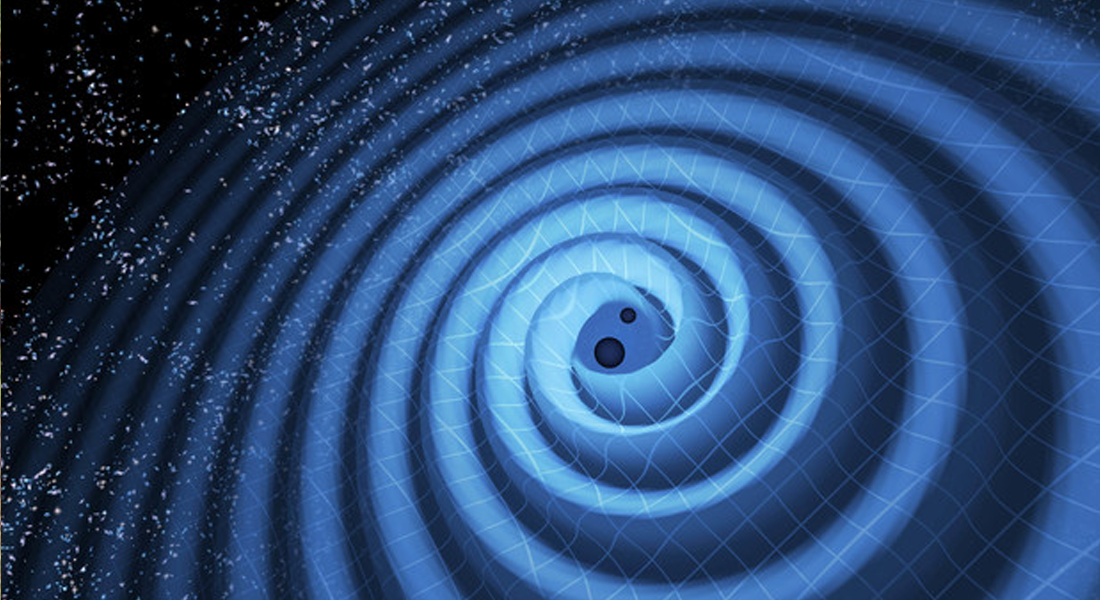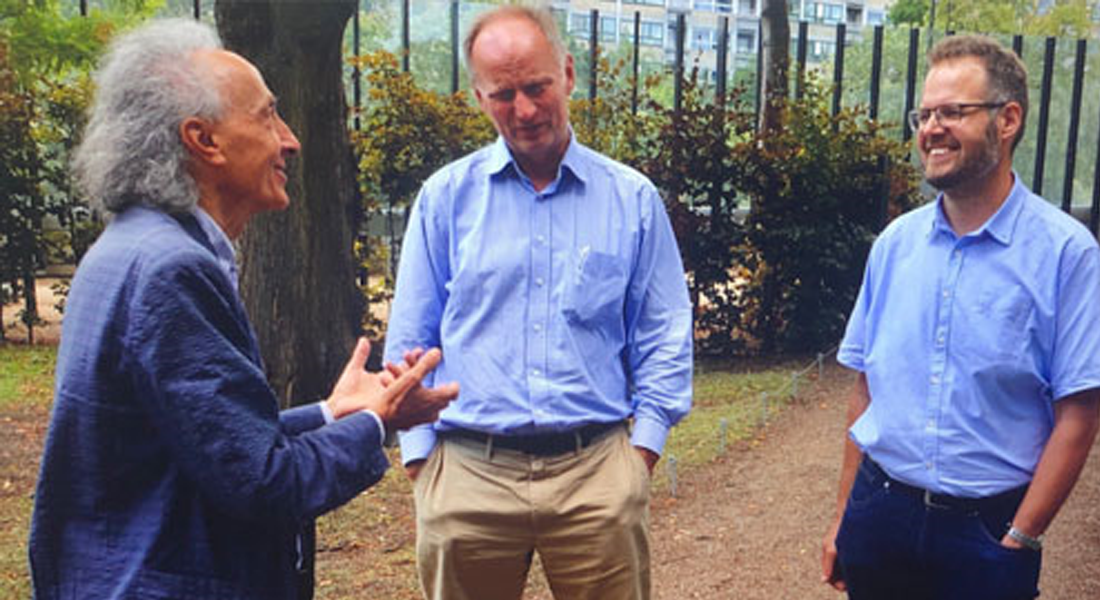Gravity from Particle Amplitudes
Analytical advances are required in order to push theory to the level where it can provide best-fit templates from which physical parameters can be extracted from data. To this end, our group develops and implements ideas and methods from quantum field theory, and especially from particle scattering amplitudes.
Gravity from Particle Amplitudes is a research group based at the Niels Bohr International Academy and affiliated with the Theoretical Particle Physics and Cosmology group at the Niels Bohr Institute, University of Copenhagen. Our interdisciplinary research builds on the two pillars of theoretical physics in gravity and particle physics.
Measurements of gravitational waves by the LIGO/Virgo and upcoming detectors open up the exciting possibility of testing theories of gravity, including the regime of strong gravity as probed by black holes just prior to merging. Analytical advances are required in order to push theory to the level where it can provide best-fit templates from which physical parameters can be extracted from data. To this end, our group develops and implements ideas and methods from quantum field theories, and especially from particle scattering amplitudes.
 Our research activities are supported by funding from the European Union’s Horizon 2020 research and innovation programme under the Marie Sklodowska-Curie grant agreements No. 764850 `SAGEX' and No. 847523 `INTERACTIONS'; the private Danish Carlsberg Foundation; and the University of Copenhagen.
Our research activities are supported by funding from the European Union’s Horizon 2020 research and innovation programme under the Marie Sklodowska-Curie grant agreements No. 764850 `SAGEX' and No. 847523 `INTERACTIONS'; the private Danish Carlsberg Foundation; and the University of Copenhagen.
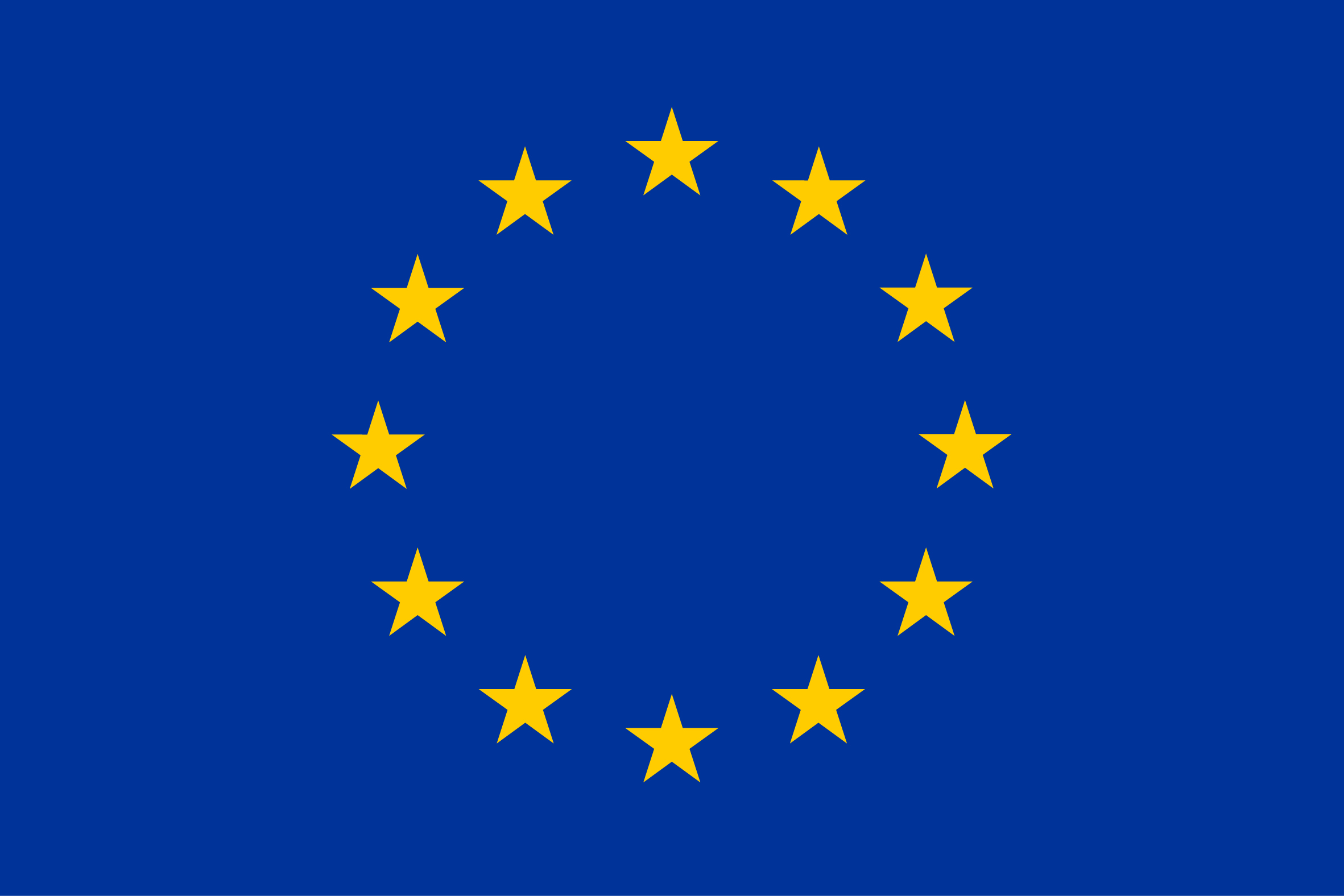 |
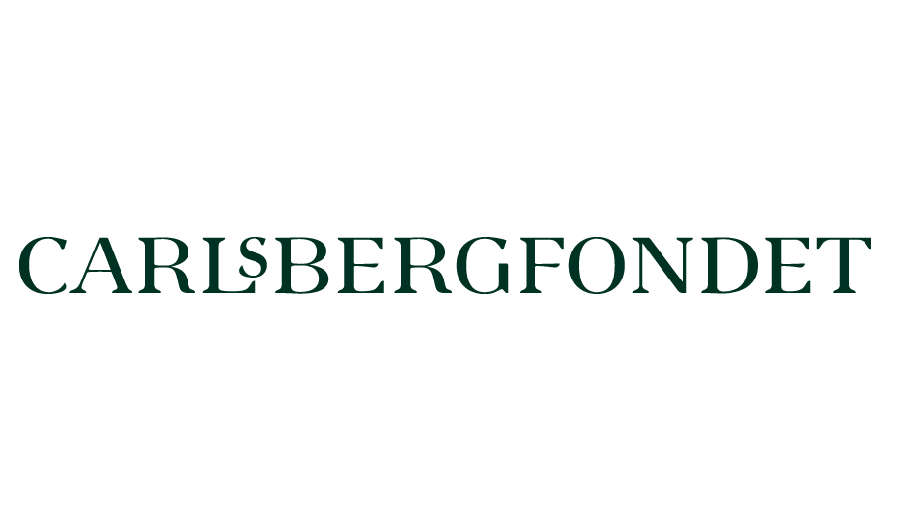 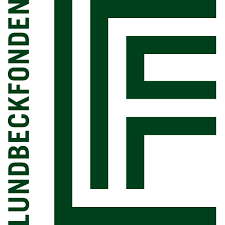 |
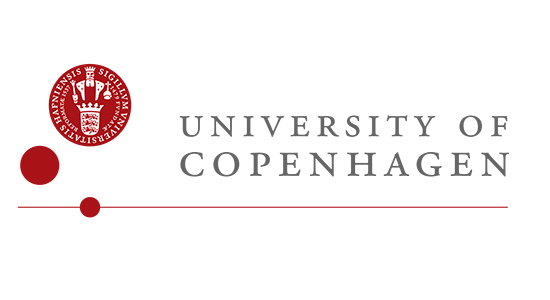 |
Analytical advances are required in order to push theory to the level where it can provide best-fit templates from which physical parameters can be extracted from data. To this end, our group develops and implements ideas and methods from quantum field theory, and especially from particle scattering amplitudes.
Research themes:
- Perturbative quantum gravity as an effective field theory (EFT).
- High-precision post-Newtonian and post-Minkowskian gravity.
- Spin and higher-spin in gravity theories from EFT.
- Direct connection of gauge-invariant observables in gravity.
- EFTs from amplitudes for higher-spin in gravity.
Group Members
| Faculty |
|
| Emil Bjerrum-Bohr, Associate Professor | 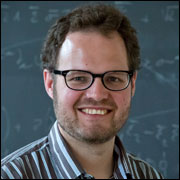 |
| Poul Henrik Damgaard, Professor | 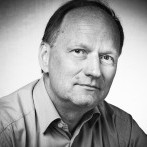 |
Collaborators
| Pierre Vanhove, CEA Saclay | |
| Ludovic Plante, NBIA |
 Emil Bjerrum-Bohr, Associate Professor
Emil Bjerrum-Bohr, Associate Professor
Email: bjbohr@nbi.dk
Phone: +45 20 56 53 28
 Poul Henrik Damgaard, Professor
Poul Henrik Damgaard, Professor
Email: phdamg@nbi.ku.dk
Phone: 45 35 32 53 76

